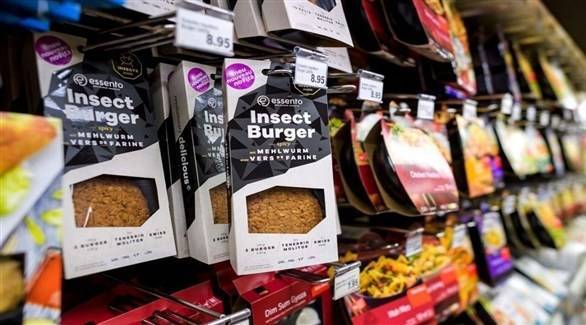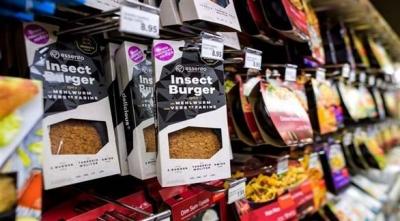The European Union authorized the sale of a type of insect for food consumption for the first time on Tuesday, a move it stated supports "the transition to a more sustainable diet." The European Food Safety Authority concluded in mid-January that the consumption of insects known as mealworms poses no risk to human health, "either in the form of whole dried insects or as a powder."
Following this approval, the European Commission announced on Tuesday that the 27 member states agreed to its proposal "to allow the use of dried mealworms as a novel food." The Commission pointed out that these insects can be used "as whole dried insects as a snack or as an ingredient in products such as protein-rich foods, biscuits, or pasta."
Rich in Proteins and Vitamins
Products made from insects (which are rich in proteins, minerals, vitamins, fibers, and healthy fatty acids like Omega 6 and Omega 3) can help prevent nutrient deficiencies, according to companies in the sector.
A Healthy Food Source
The Food and Agriculture Organization of the United Nations (FAO) describes these insects as "a healthy and highly nutritious food source."
A More Sustainable Diet
The European Commission explained that these insects could provide "an alternative protein source to support the transition towards a more sustainable diet," given their limited environmental footprint compared to other protein sources.
Insects have previously been available in European markets, particularly in organic product stores, as some countries consider them not subject to previous EU legislation on "novel foods," which requires Commission approval for sale. However, the current legislation established since January 2018 explicitly classifies insects as food, requiring a permit for market introduction.
Estimates suggest that millions of people consume around a thousand types of insects in Africa, Asia, and Latin America. However, insect farming in the EU, which produces a few thousand tons annually, primarily serves as feed for animals, particularly fish. The European authorization is expected to become official "in the coming weeks."




